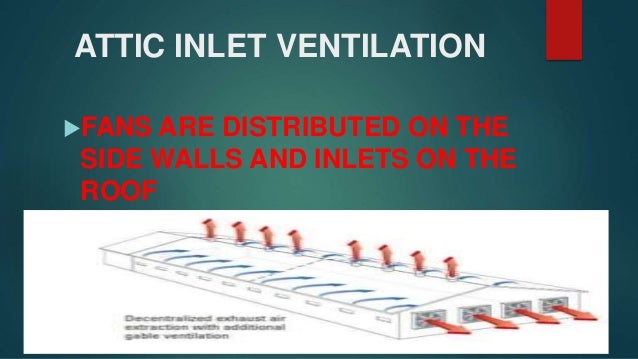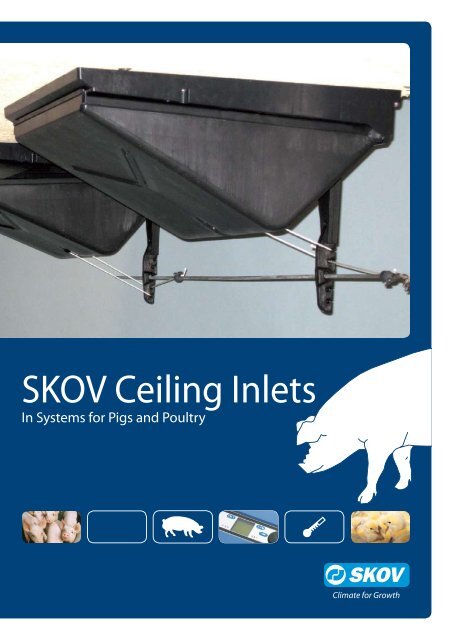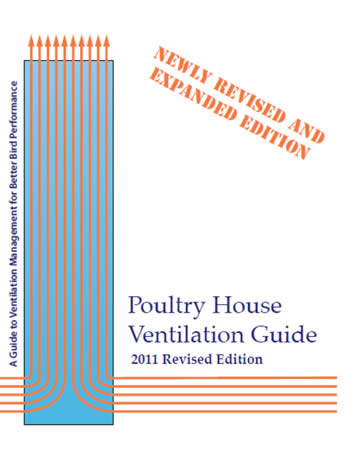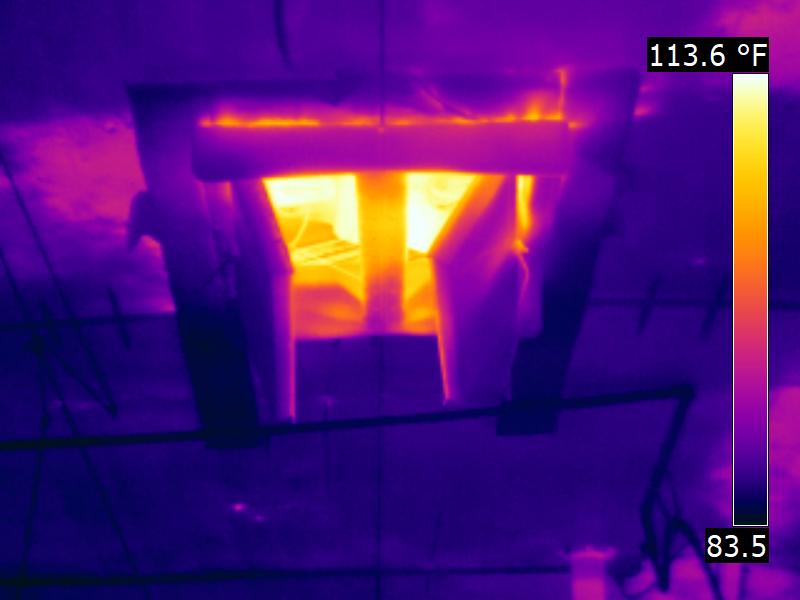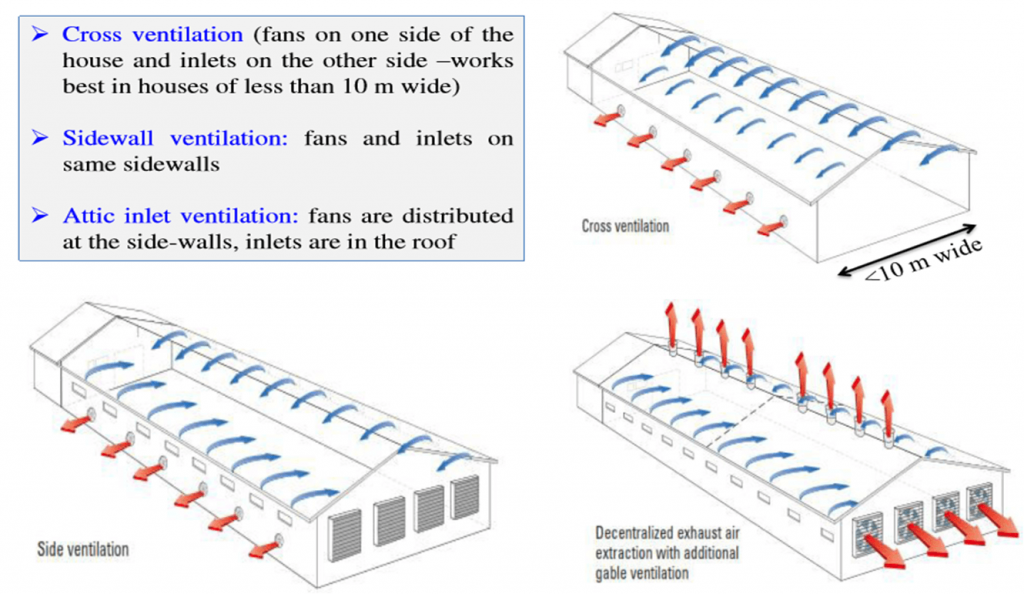Poultry Attic Inlets

First fresh air is introduced at the peak of the warm air produced by the heating system and birds tends to collect.
Poultry attic inlets. The air that you and your chicken turkey etc. The higher ventilation rate typical in houses with chore time s attic inlets leads to. Attic inlets tend to do a better job of conserving heat in a poultry house than conventional side wall inlets. Double l attic or ceiling inlets take warm air from attic to heat living area of poultry house.
Attic inlets offer a unique opportunity to utilize an essentially a free source of supplemental heat that can be used to offsetpropane natural gas usage. It is critical to make sure incoming air is properly mixed with the barn environment to avoid chilling or not properly warming your animals. Advantages of chore time s attic inlets. Volume 25 no 2.
Breathe cannot be seen and is easily taken for granted. Though attic inlets can lead to slightly lower heating costs the primary objective of an attic system is to maximize fan runtime which will lead to improved air quality and litter conditions. Attic inlets work well only if attic air is warm enough and they work best at low static pressure typically in the 0 03 0 06 inches range for narrow houses and up to 0 10 inches in ultra wide houses. Lower house humidity levels.
As with any new technology there can be a steep learning curve both in terms of equipment design and management poultry housing tips. Reduce fuel consumption mixing warm air from the attic with house air during minimum ventilation reduces fuel consumption as compared to using cold air through sidewall inlets. Ventilation in your turkey or chicken house is a science. Attic and ceiling inlets represent an important component of your poultry or hog barn ventilation system.
Attic inlets operation guidelines. Poultry house attics are made up of trusses built with untreated lumber put together with press fit truss. In tests the total amount of air moved through a poultry house with attic inlets averaged 10 30 higher per day than houses with sidewall inlets only. Average turkey or chicken houses with poultry ceiling inlets are capable of being ventilated 20 percent more than houses without ceiling attic inlets on cold days without experiencing the 20.
Attics contain warm air that can be pulled into your houses during cold months to help cut heating costs. Attic inlets tend to do a better job of conserving heat in a poultry house than conventional side wall inlets. Attic inlets by doug overults rich gates jacquie jacob and tony pescatore lately there seems to be a buzz in the broiler industry about attic inlets so let s take a quick look at an idea that might save some heating fuel and perhaps provide drier litter and better air quality as additional benefits.

.jpg)

.jpg)




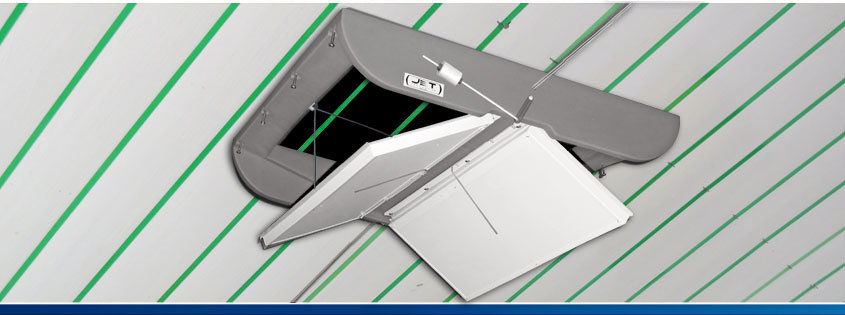



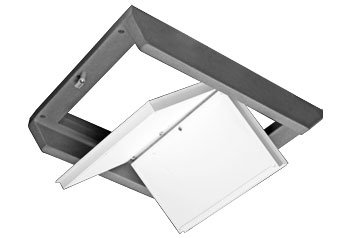


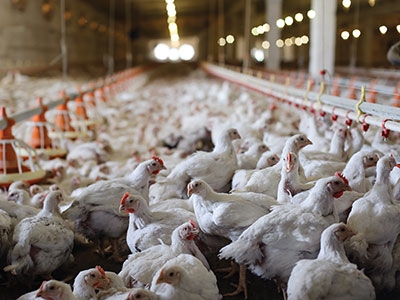
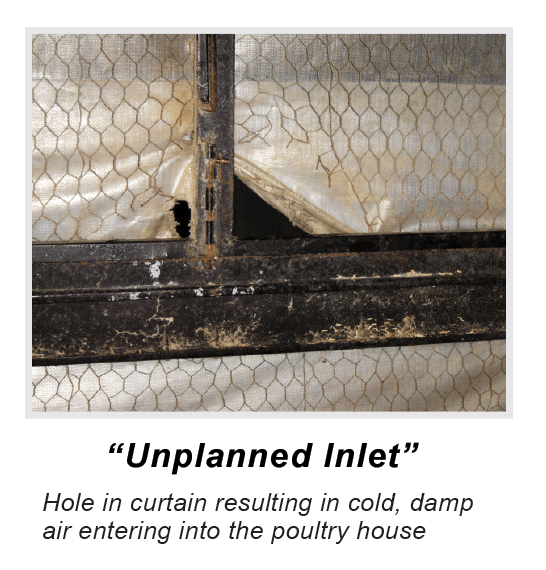
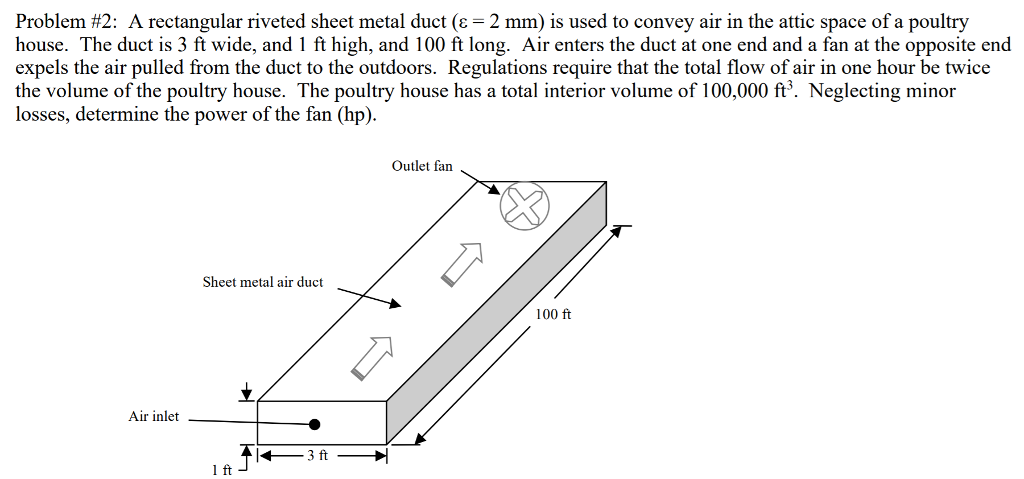

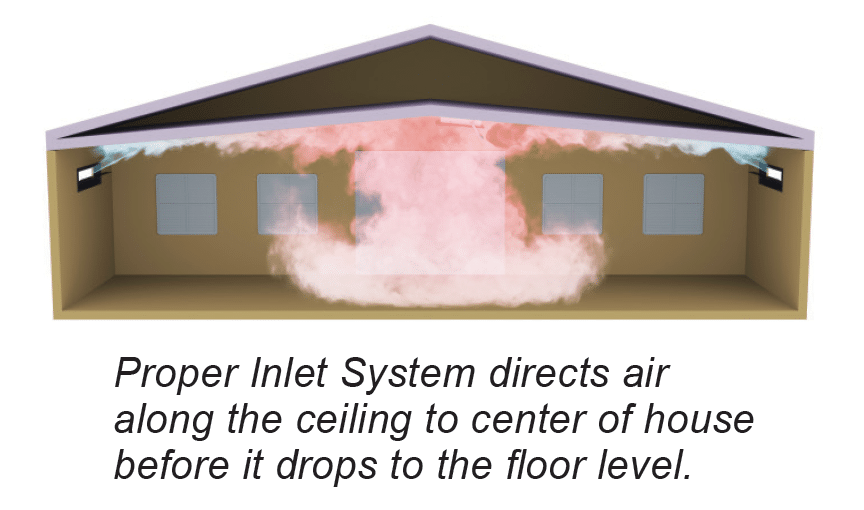
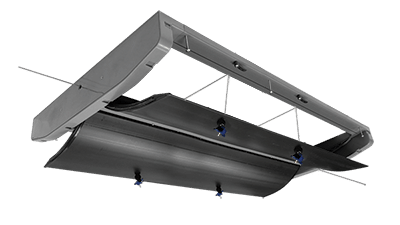
.jpg)



